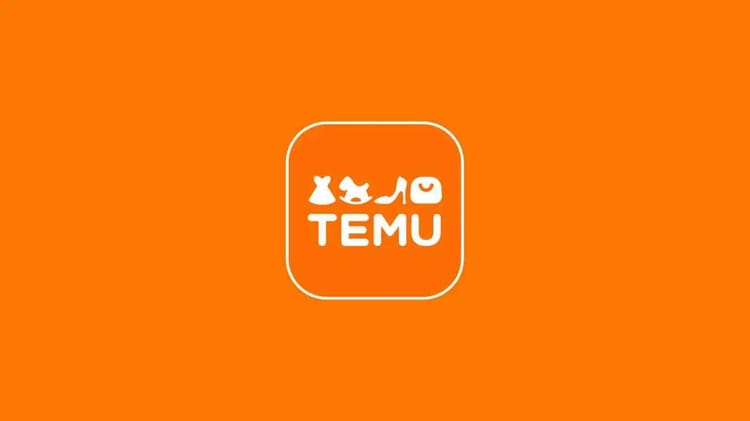Edward Constantinescu aka ZackMorris Wants His Money Laundering Charge Dropped

The contentious internet influencer is claiming that one of the allegations alleging money laundering should be withdrawn in the ongoing court struggle against eight social media personalities led by Zack Morris on several counts of traditional pump-and-dump schemes.
In a document submitted to the Southern District Court of Texas, Morris (real name Edward Constantinescu) requested that count 21 of the lawsuit be dismissed because it "fails to allege a legally cognizable predicate act of 'racketeering'."
Who Is Edward Constantinescu?
Under the handle "@MrZackMorris," Edward Constantinescu is a popular user on Twitter.
-
Atlas Trading, a stock trading forum on the Discord social media network, was founded by Constantinescu and Matlock. According to the US Securities and Exchange Commission, Constantinescu has more than 550,000 followers on Twitter.
-
The pandemic-induced stock trading frenzy that led to a boom in so-called meme stocks like GameStop and AMC is when the MrZackMorris account started to take off.
-
By offering his stock trading advice and insights, Constantinescu, a Romanian immigrant, drew thousands of retail traders to his Discord group.

Zack Morris Wants His Money Laundering Charge Dropped
Morris is only accused of breaking US Code section 1957, which makes it illegal to "engage in monetary transactions in property derived from specified unlawful activity," in count 21.
-
Anybody who knowingly engages in, or seeks to engage in, a financial transaction involving property that he acquired via a specific illegal activity and its value is larger than $10,000 is punishable in accordance with subsection (b) of Section 1957.
-
The government utilises count 21, as a means of requesting the confiscation of Constantinescu's family home and other assets. The administration even misidentified properties as belonging to certain people in its haste to add this dubious total.
-
Morris' legal team claims that the section makes "money laundering" based on racketeering illegal. They support their claim with a reference to a previous section that defines "specified unlawful activity" but noticeably leaves out "securities and commodities fraud" and "defining attempt and conspiracy to commit mail fraud and other fraud offences."
-
Therefore, the government must allege and demonstrate that Constantinescu engaged in a financial transaction involving property "derived from specified unlawful activity" in order to establish a money laundering offence under section 1957, according to the filing.
-
He added that count 21, which refers to a breach based on "conspiracy to commit securities fraud," is based on the counts of allegations that Morris is accused of committing securities fraud.
According to Morris' attorney, neither charge qualifies as "specified unlawful activity" that might serve as the basis for a section 1957 money laundering indictment.
-
Morris, along with Perry Matlock (also known as PJ Matlock), Thomas Cooperman (also known as Tommy Coops), Gary Deel (also known as Mystic Mac), Mitchell Hennessey (also known as Huge Henne), Stefan Hrvatin (also known as LadeBackk), and John Rybarcyzk (also known as Ultra Calls) were all charged with fraud in December by the Securities and Exchange Commission.
-
Daniel Knight (also known as Deity of Dips), who "aided and abetted" the conspiracy through his podcast with Hennessey, is also listed as a defendant. The group is referred to as Atlas Trading collectively.
-
The gang, as they liked to call themselves, "earned about $100 million from this stock-manipulation scheme," according to the agency. The eight accused are collectively known as the "Goblin Gang" in the neighborhood. A federal grand jury soon after filed an indictment against them.
If found guilty, they might be sentenced to 25 years in jail in addition to other penalties.
Morris is now out on bail.
Key Points
-
In an alleged conspiracy in which Twitter and Discord were used to conduct securities fraud, the SEC and federal prosecutors charged eight social media influencers.
-
According to separate criminal and civil allegations, the defendants made more than $100 million illegally.
-
According to investigators, the scam entailed boosting interest in specific securities to increase their value and then selling shares at the inflated prices.




